- Home
- Hurricane Preparedness
Is Your Business Prepared for a Natural Disaster?
The 2025 Atlantic hurricane season runs from June 1 to November 30.
The areas covered include the Atlantic Ocean, Gulf of Mexico and the Caribbean Sea.
The National Weather Service defines a hurricane as a "tropical cyclone with maximum sustained winds of 74 mph (64 knots) or higher."
Hurricanes are rated according to intensity of sustained winds on the Saffir-Simpson Hurricane Wind Scale.
The 1-5 scale estimates potential property damage.
A Category 3 or higher is considered a major hurricane.
The National Hurricane Center advises preparedness. National Hurricane Preparedness Week is May 4th - May 10th, 2025.
A hurricane watch indicates the possibility that a region could experience hurricane conditions within 48 hours.
A hurricane warning indicates that sustained winds of at least 74 mph are expected within 36 hours.
The Colorado State University Tropical Meteorology Project team predicts an "above-average" Atlantic hurricane season.
The team forecasts 17 named storms, including 9 hurricanes, 4 of which will be major hurricanes.
Now is the time to prepare your business for the upcoming hurricane season.
For further disaster preparedness resources visit the NAHB Disaster Resources Toolkit & view the files and sites below.
Hurricane Preparedness Checklist.pdf
Construction Site Hurricane Protection Guide
US Department Of Labor Hurricane Preparedness and Response
City of Palm Coast Emergency Management
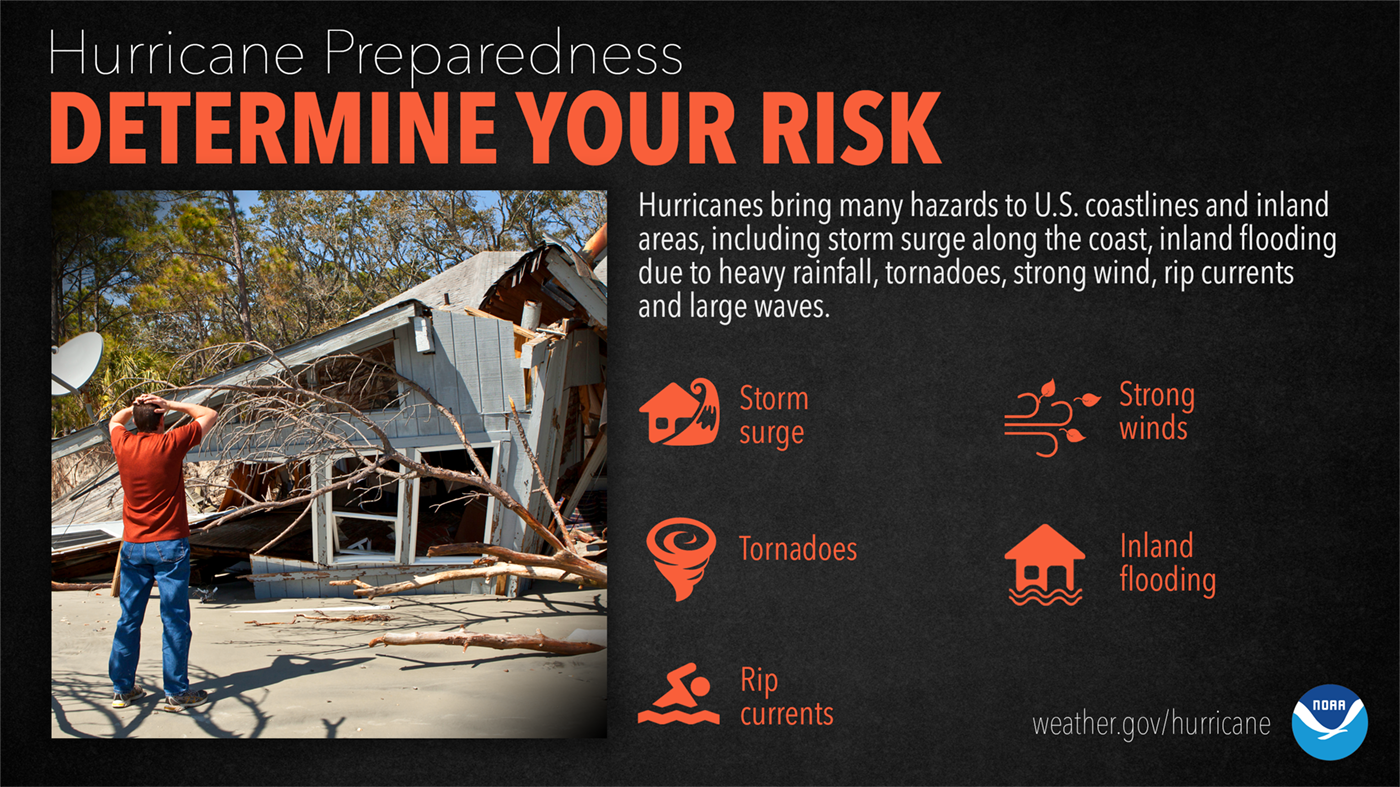 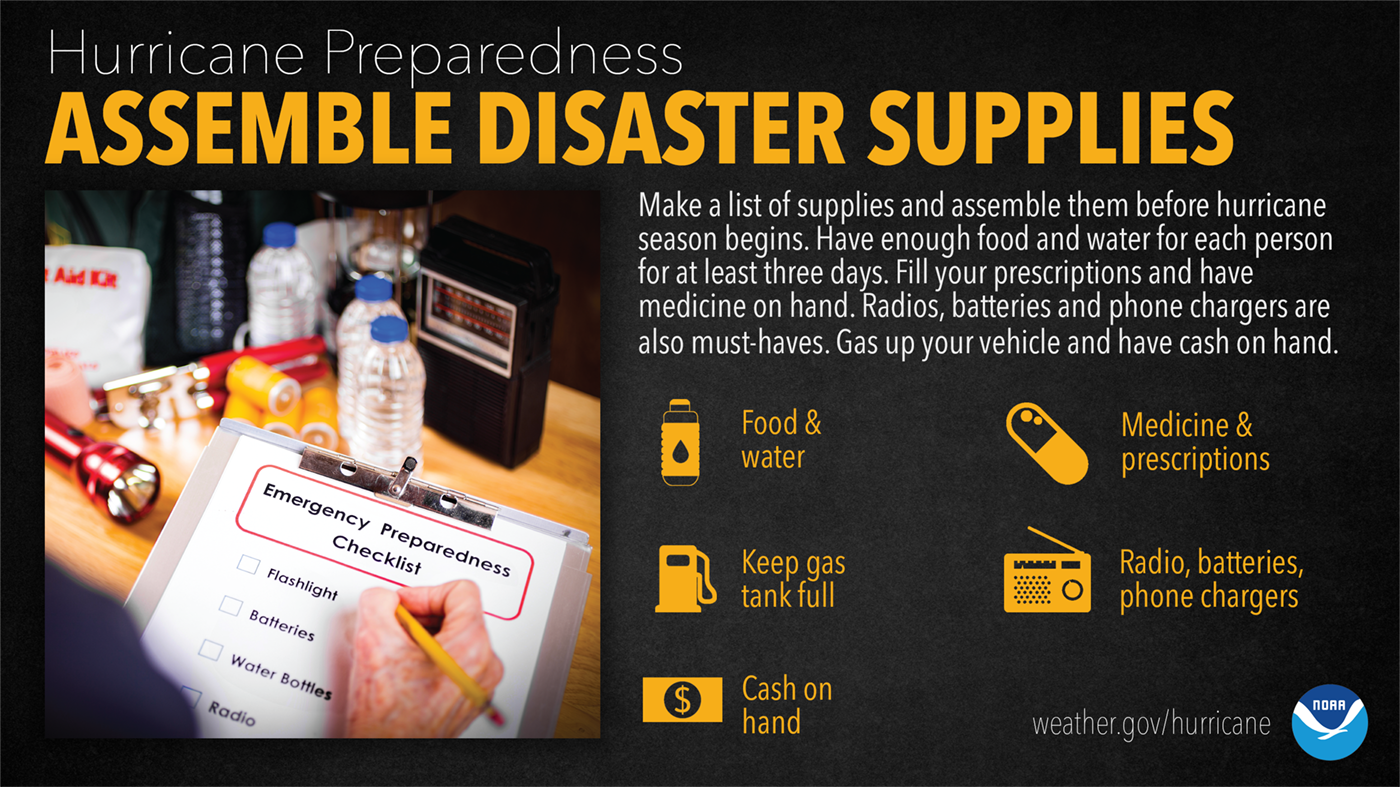 |
|
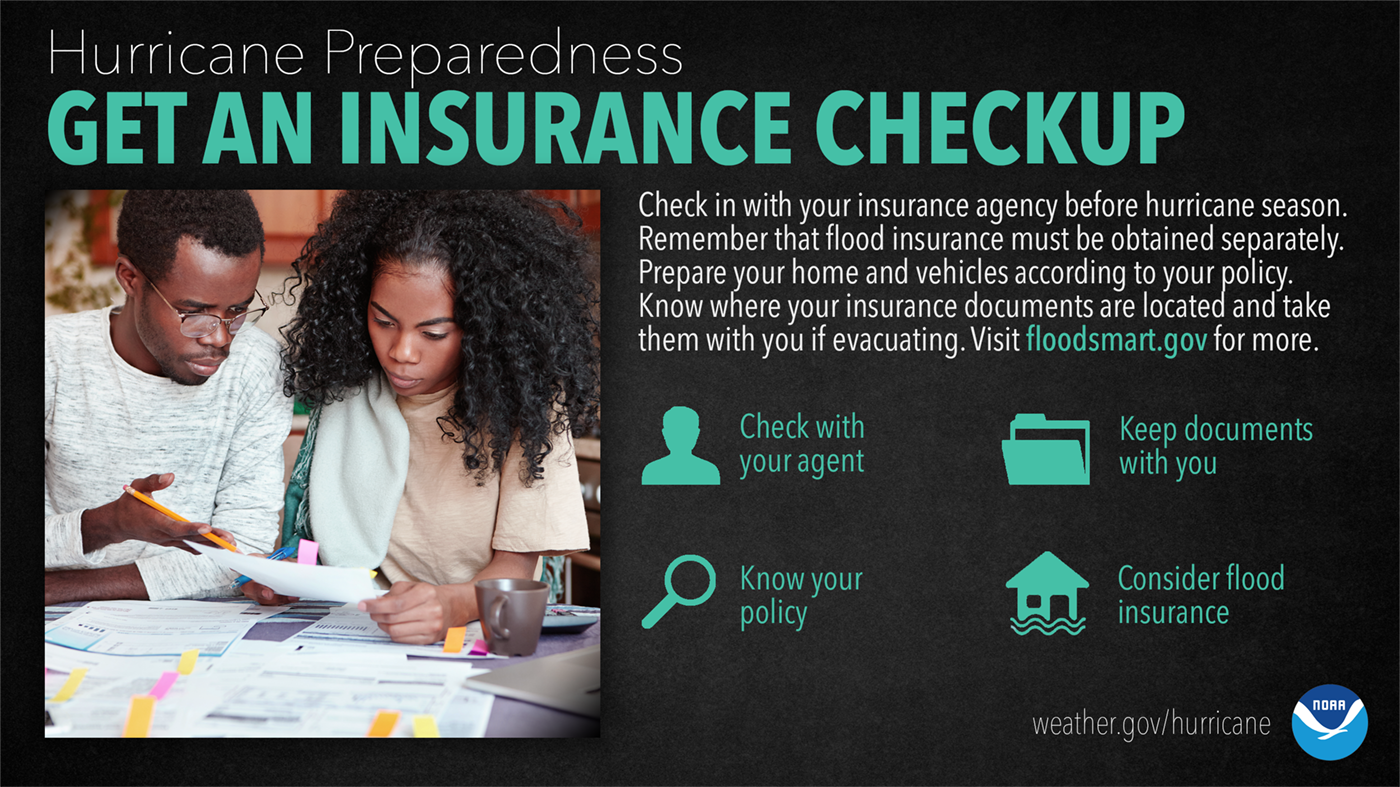 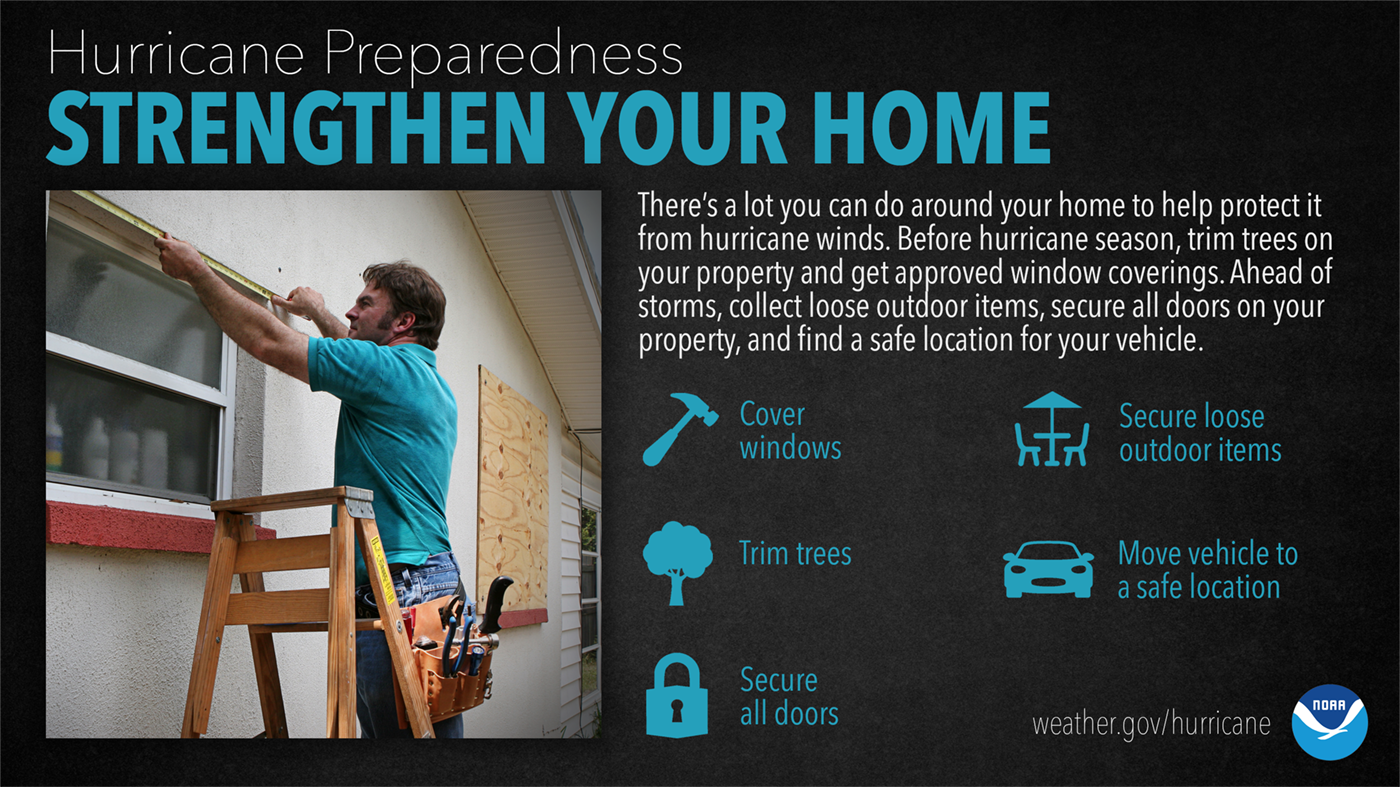 |
|
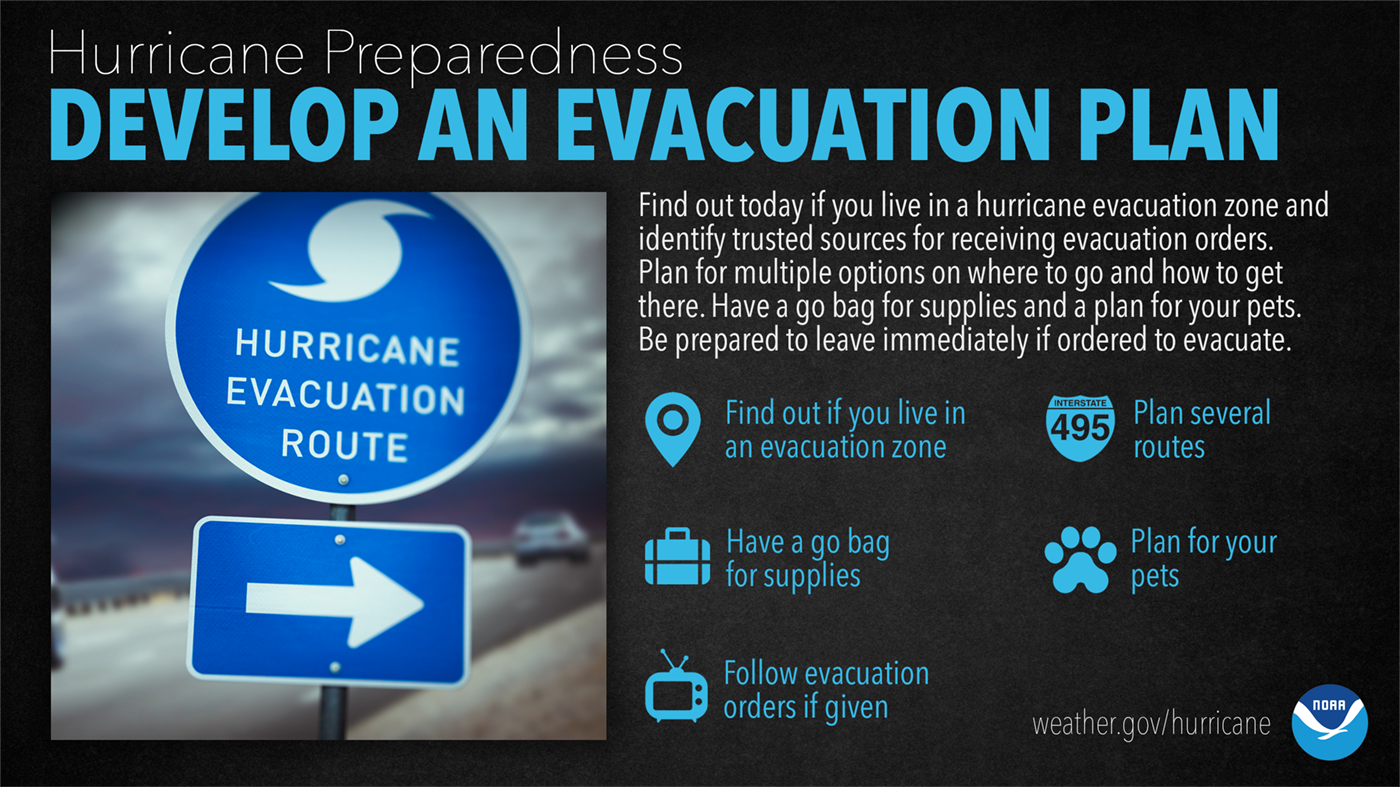 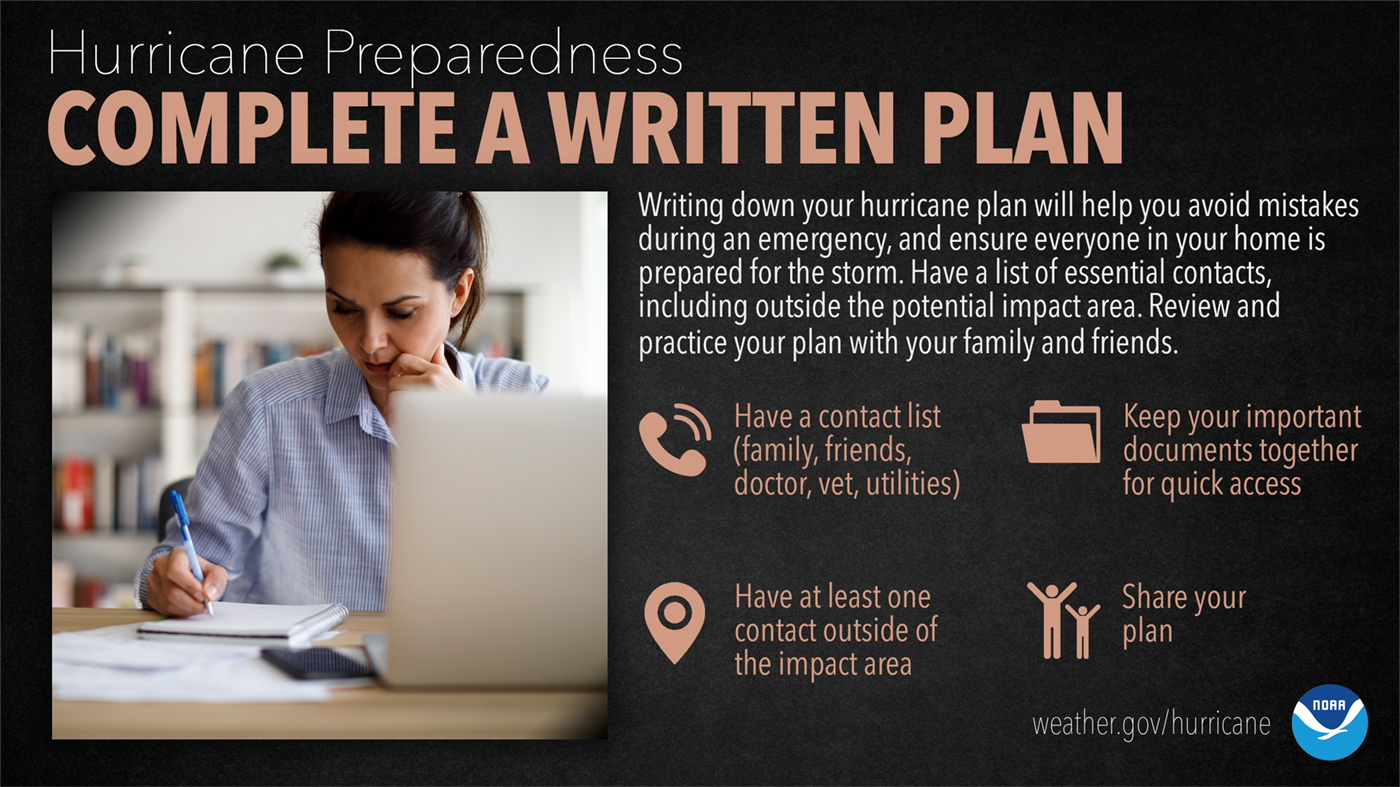 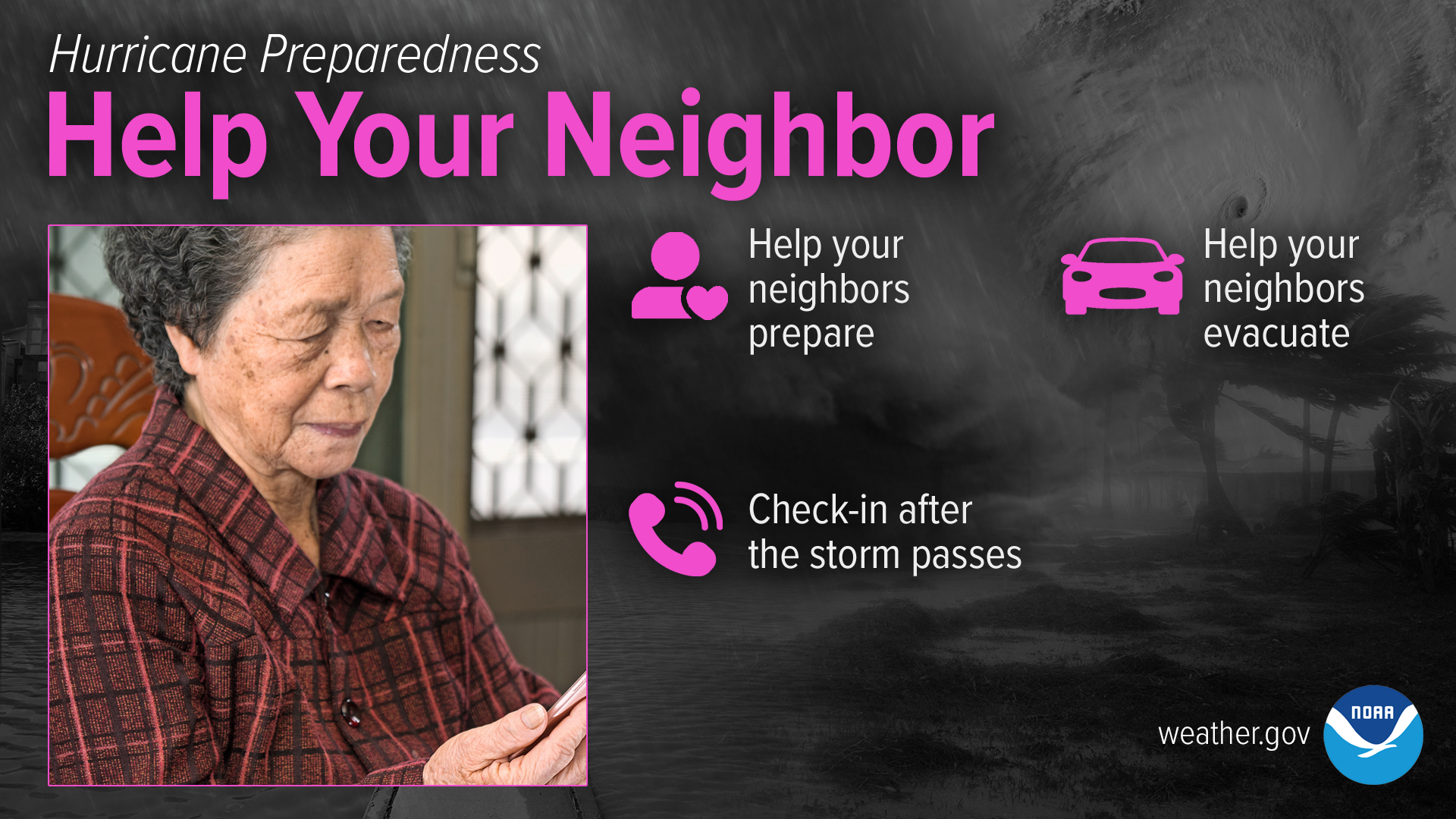 |

